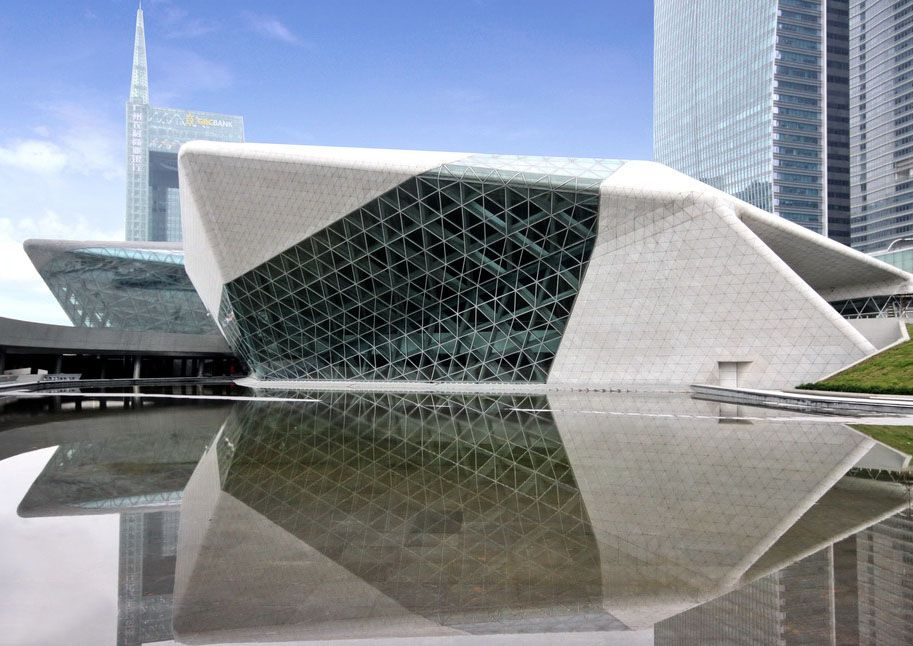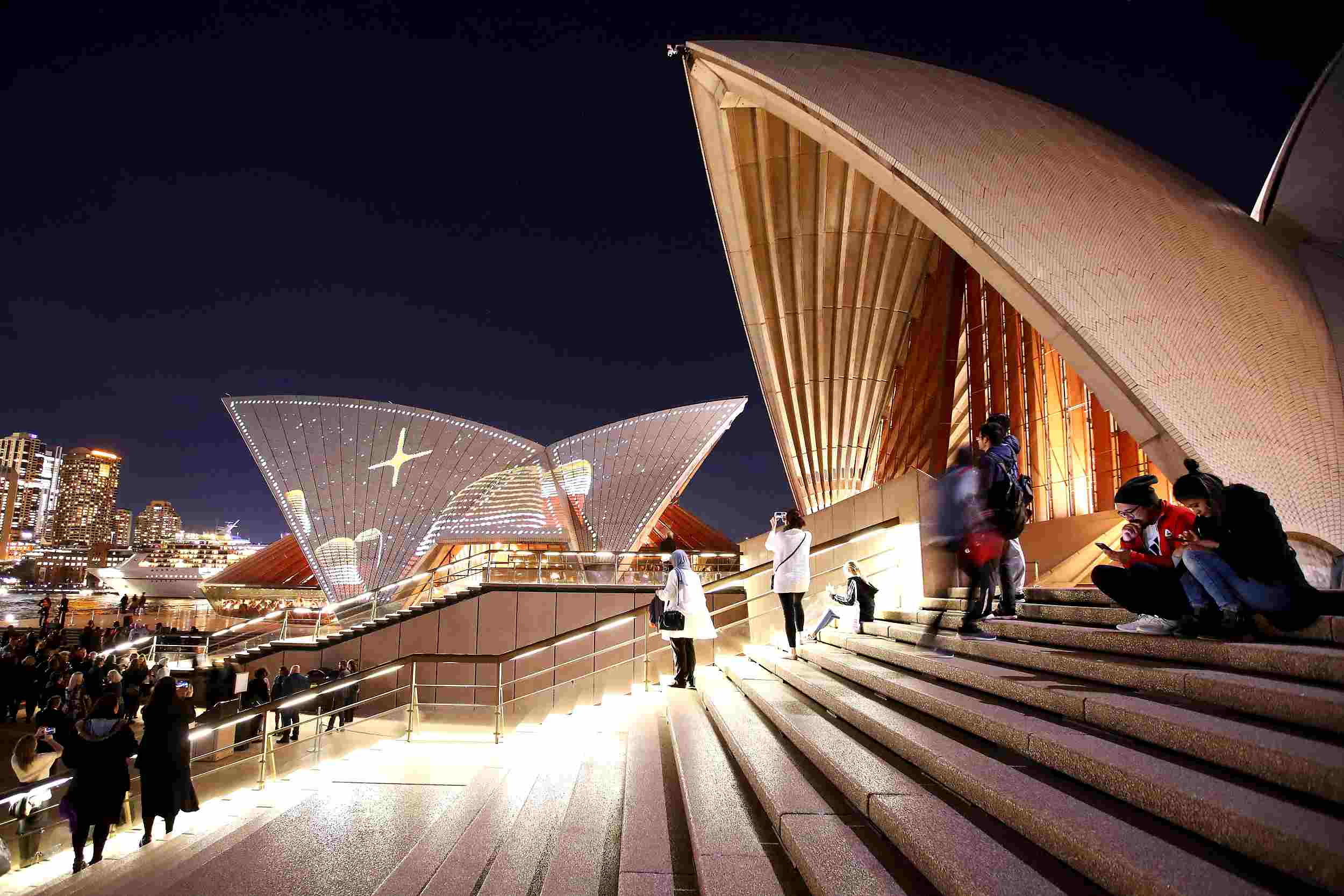
From the People’s Daily app.
This is Story in the Story.
In China, demand for European opera has been on the rise for well over a decade. In 2010, the Guangzhou Opera House opened to the public. Four years later, a leading survey listed the performance hall as the third best opera house in the world.
Not to be confused with their Peking Opera counterparts, over the past decade, Chinese singers with a passion for classic European opera have been taking the international stage by storm.
Chinese tenors, sopranos, and baritones have received world-wide acclaim for their performances in classic European operas such as “Don Giovanni” and Puccini’s “Madam Butterfly.”
Today’s Story in the Story looks at how Chinese singers have emerged within the world of European opera and are now connecting Chinese musicians and audiences alike with the centuries-old art form.

The Guangzhou Opera House, designed by world-renonwned architect Zaha Hadid, opened to the public in 2010 in Southern China's Guangdong Province. (Photo: File)
He Hui lives in Verona, Italy and performs with the world's leading opera houses, but she has not forgotten her Chinese roots.
The singer recently celebrated her 20th career anniversary with a tour that included performances in Xi'an, Shenzhen, Xiamen and Beijing.
That she decided to open her recital with the first act aria from Francesco Cila's 1902 opera “Adriana Lecouvreur,” based on the life of the famous French actress, says everything one needs to know about this prima donna's attitude toward her art.
"Music comes from heaven," He said, "God has given me this gift of voice and musicality."
He describes herself as having a "Verdi voice,” which makes sense given the fact that she is classified as a “lirico spinto-soprano” due to her youthful-sounding voice.
"I think my voice has changed in the past couple of years," she said, “but I think I still sound young."
In 2008 she became the first Chinese singer to perform Verdi’s “Aida.”
"I feel Chinese audiences still don't know very much about opera," He said, who has worked tirelessly to expose younger Chinese generations to the beauty of European opera.

The Sydney Opera House in Sydney, Australia. (Photo: CGTN)
At the age of five, Wang Beibei knew that she wanted to be a musician.
Today, the Henan Province native is one of China’s most celebrated sopranos.
She likes to think of herself as a messenger of cultural exchange between China and Europe.
"In a way, musicians have to grow up quickly if they are to interpret and understand the music they are performing," she explained.
Although her family loved music and were skilled musicians, they never played professionally.
“They were happy when I decided to pursue music as a career because they never had the opportunity to do this," Wang shared.
She credits her parents for her success and knows they are proud of her, although they would never tell her that directly.
"They are typical Chinese parents in that they would never say that. They encourage me by saying to improve this or to improve that! They were very strict. It is part of the culture," she said.
When she was four, her family moved from Nanyang to Shenzhen, in Southeastern China’s Guangdong Province. Her father was a lawyer, and her mother worked for the local government in the cultural relations department.
After graduating from the Xinghai Conservatory of Music she sang for three years as a soloist with the Shenzhen Musician Association.
"At Shenzhen, I was chosen as the main singer for an international competition in Vienna and was awarded a gold medal, so I was able to connect with musicians on the international stage," she said.
Wang is fluent in English, Italian, Mandarin, and Cantonese. However, thanks to music, she can sing in French, German, Russian, and Czech, an ability not uncommon for most opera singers.
As Italy is the birth of opera, it makes sense that her favorite language is Italian.
"It is the favorite language of all singers because nearly all the words end with a vowel, which makes it easier to sing ‘bel canto’ or beautifully,” she said.
She spent three years studying in Milan with Italian soprano Maria Luisa Cioni and Nicoletta Zanini from the World La Scala Opera House.
"I was able to study at the world's top level because Italy has kept its traditions," she said.
After winning a scholarship, she moved to the Birmingham Conservatoire in the UK to pursue a master's degree. It was here that she was able to study with one of her favorite sopranos, Helen Field.
Wang later established the East-West Arts Initiative, aimed at helping international musicians introduce classical music to wider audiences. The endeavor has brought Western singers to China while helping Chinese performers gain exposure abroad.
(Produced by Nancy Yan Xu, Lance Crayon and Brian Lowe. Music by: bensound.com. Text from China Daily.)


